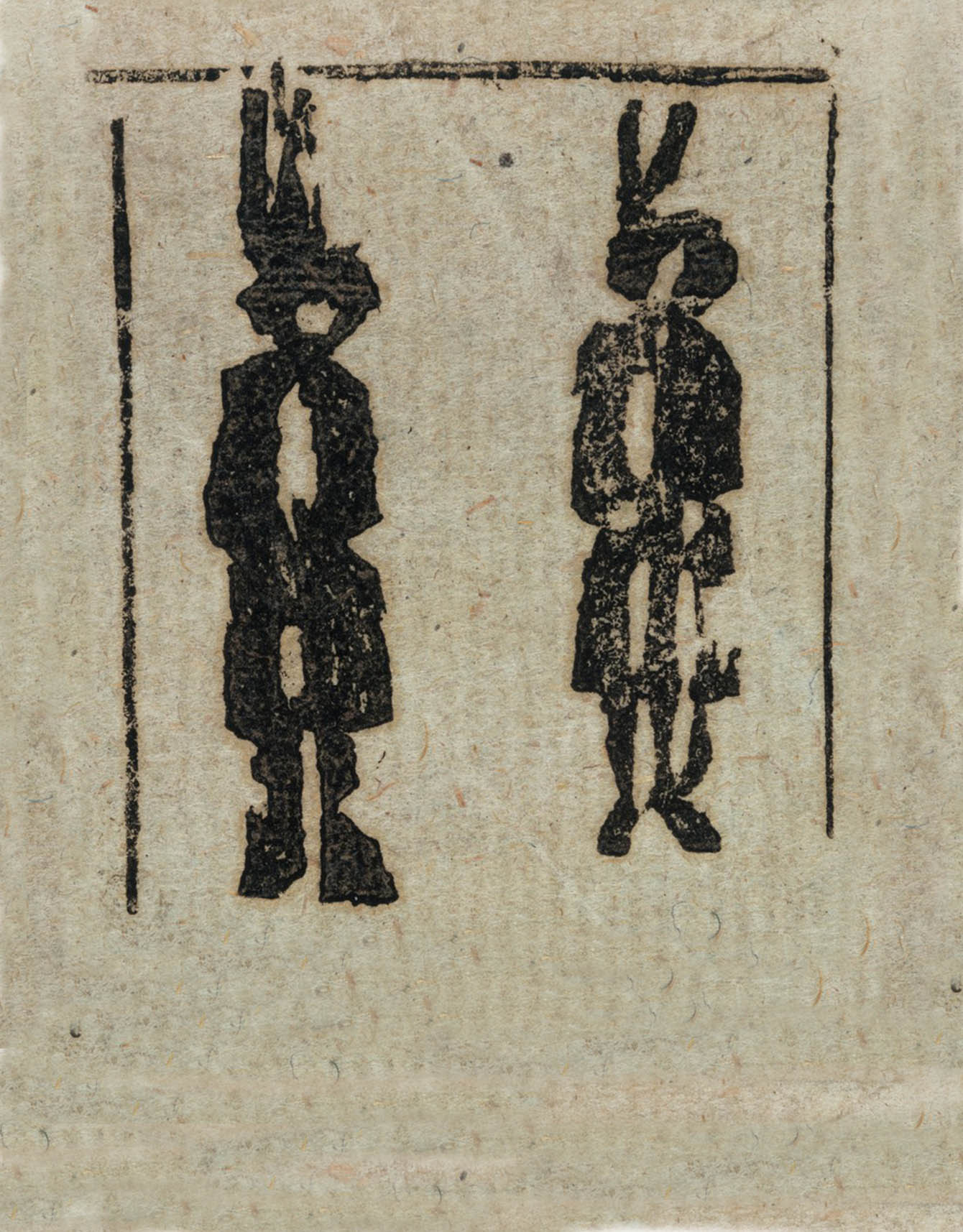Stories About Seizing Opportunity
This disruption of power ranged from small, covert acts to headline-grabbing violence. Surviving historic records contain few examples of enslaved people seizing opportunities to defy their circumstances. It is likely that most acts of defiance were met with quick and private punishment. The following instances are among those that were made public, whether through legal documents, newspaper accounts, or correspondence.

Ishmael, a man enslaved by Pierre Van Cortlandt of New York, capitalized on his skill as a fiddler to earn independent income. Ishmael’s position as a messenger may have enabled him to become acquainted with nearby families who might hire him to play at their dances. In a letter, Van Cortlandt warned a neighbor that he planned “to prosicute [sic] any person that [allows] him to play…In their houses.” Evidently, Van Cortlandt resented Ishmael acting without permission and earning money on his own. Ishmael remained enslaved by the Van Cortlandt family.
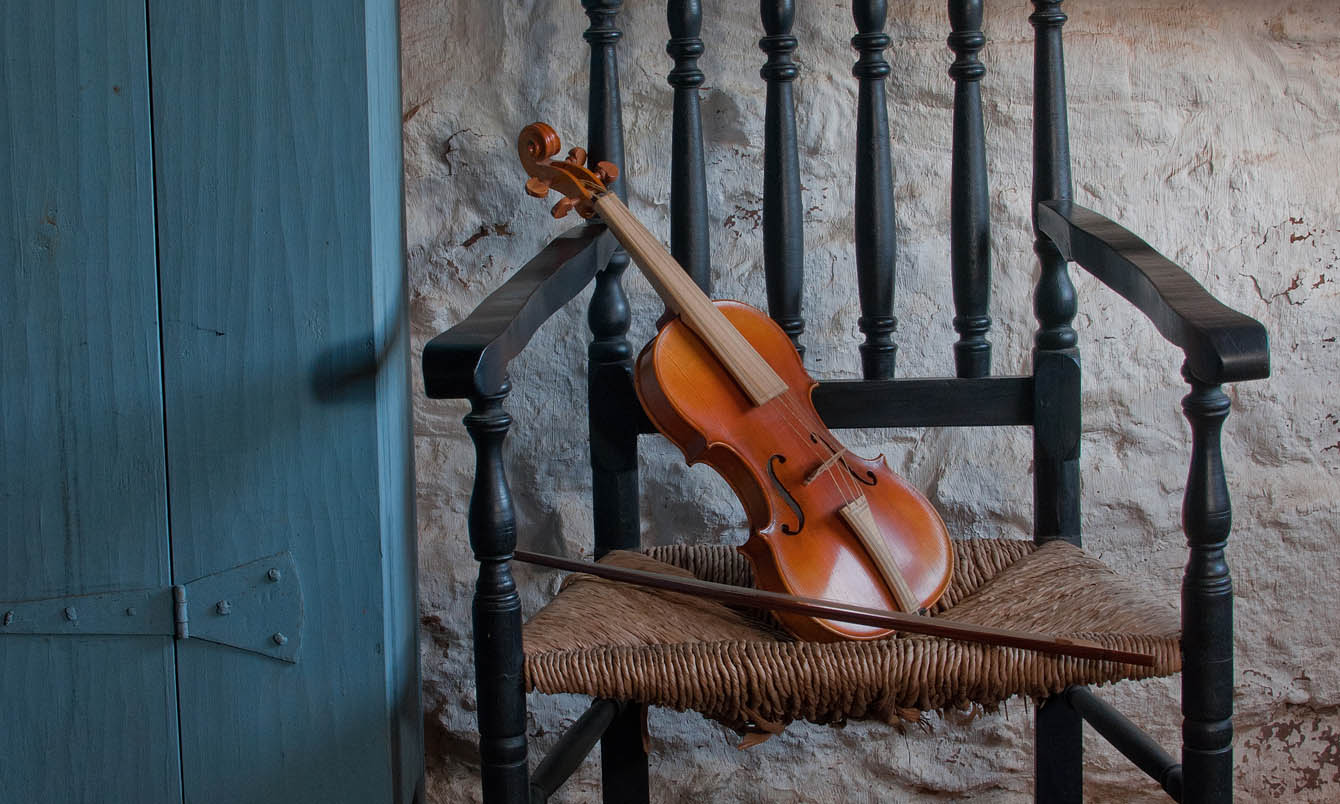
Like Ishmael, Bridget was also enslaved by Pierre Van Cortlandt of Croton, New York. During the American Revolution, Bridget made arrangements for several of Van Cortlandt's enslaved community to attempt an escape with the advancing British soldiers. Van Cortlandt's daughter, Cornelia Beekman, received word that Bridget had been hiding another enslaved woman, Jin, in the Van Cortlandt home for weeks. Bridget and Jin were waiting for an opportunity to leave with two other enslaved women, Sair and Dine, as soon as the British arrived. Cornelia Beekman found Jin in the house and forced a confession from her. None of the women enslaved by the Van Cortlandts made it to British lines, and Bridget's fate was, unfortunately, lost to history.
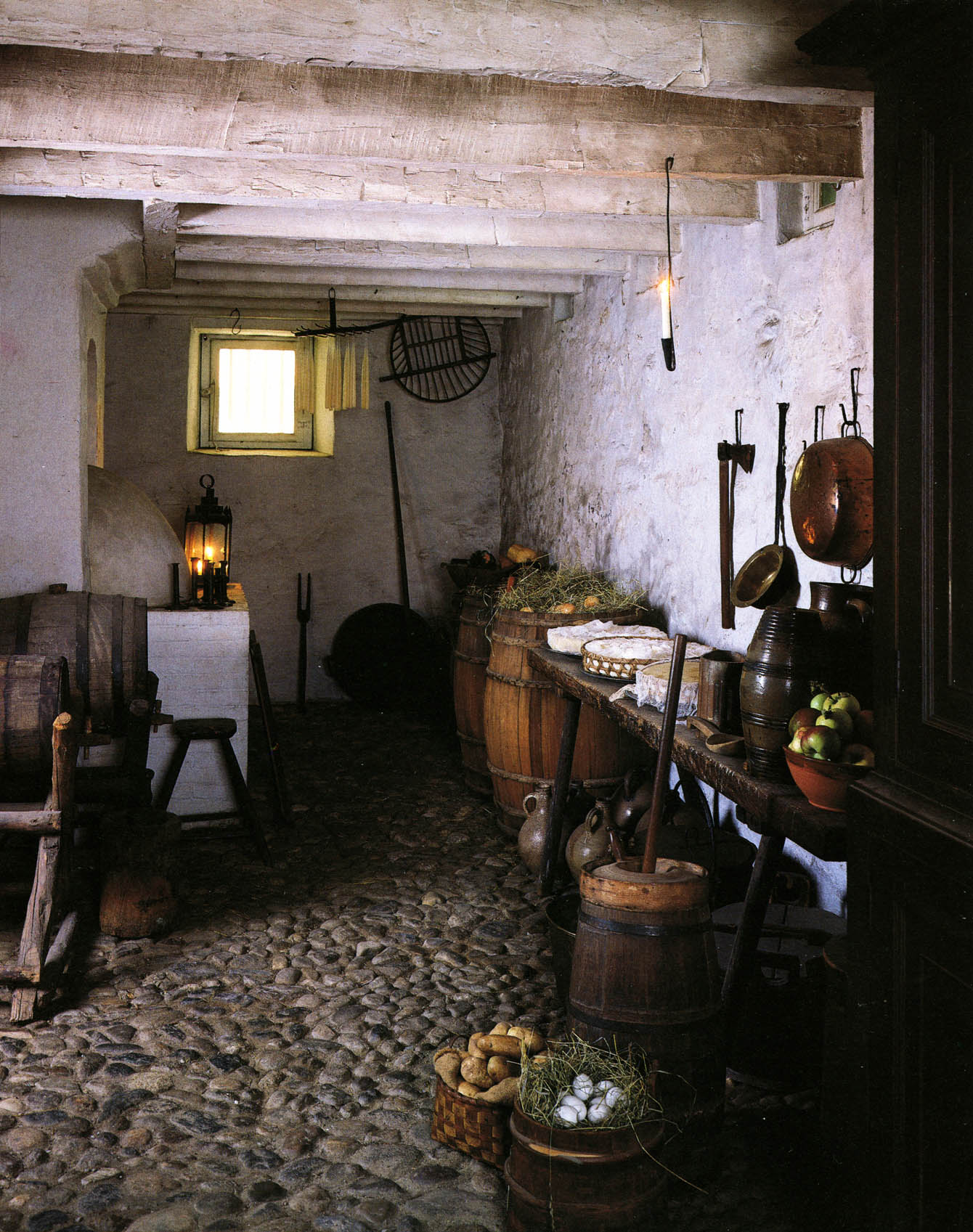
In 1775, Virginia’s Royal Governor, Lord Dunmore, offered freedom to enslaved men who would fight for the British. Although the British were also enslavers, this act was intended to disrupt the colonial economy and terrorize white colonists.
Titus, an enslaved man held by John Corlies of Monmouth County, New Jersey, was one of thousands of enslaved people who claimed their freedom this way. Titus joined Dunmore’s so-called “Ethiopian Regiment,” a militia composed of self-emancipated individuals. Calling himself Colonel Tye, Titus returned to Monmouth County with a squad of soldiers to target Corlies’ community, and died in battle there in 1780.
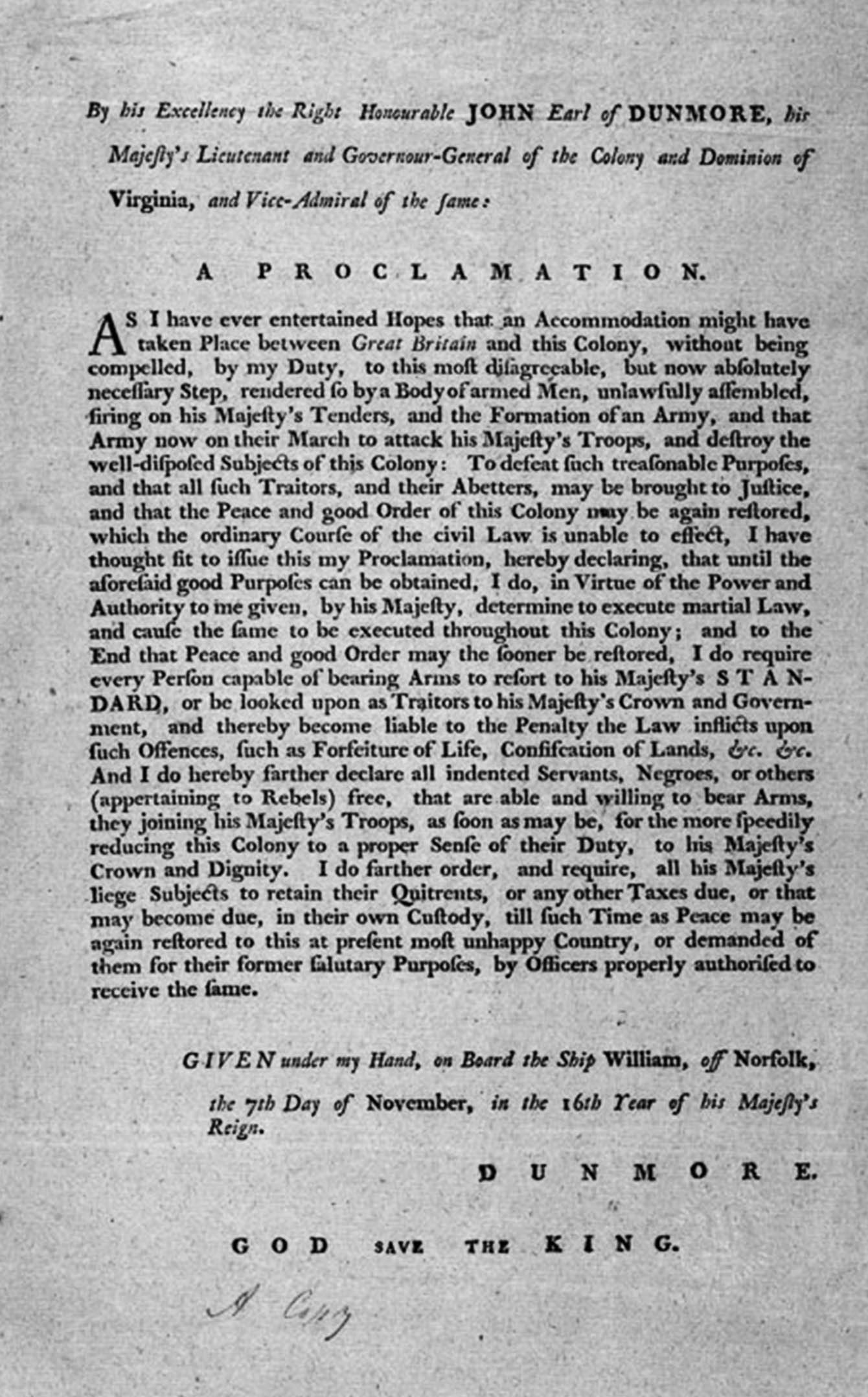
Like Titus, Felix Cuff used the American Revolution to his advantage by joining the Continental army without permission in 1780. His enslaver, Edward Gearfield of Waltham, Massachusetts, immediately petitioned the army for Cuff’s return. Cuff’s commanding officer ordered him to return to Gearfield. He and two other enslaved soldiers instead took refuge in a cave known as “Devil’s Den.”
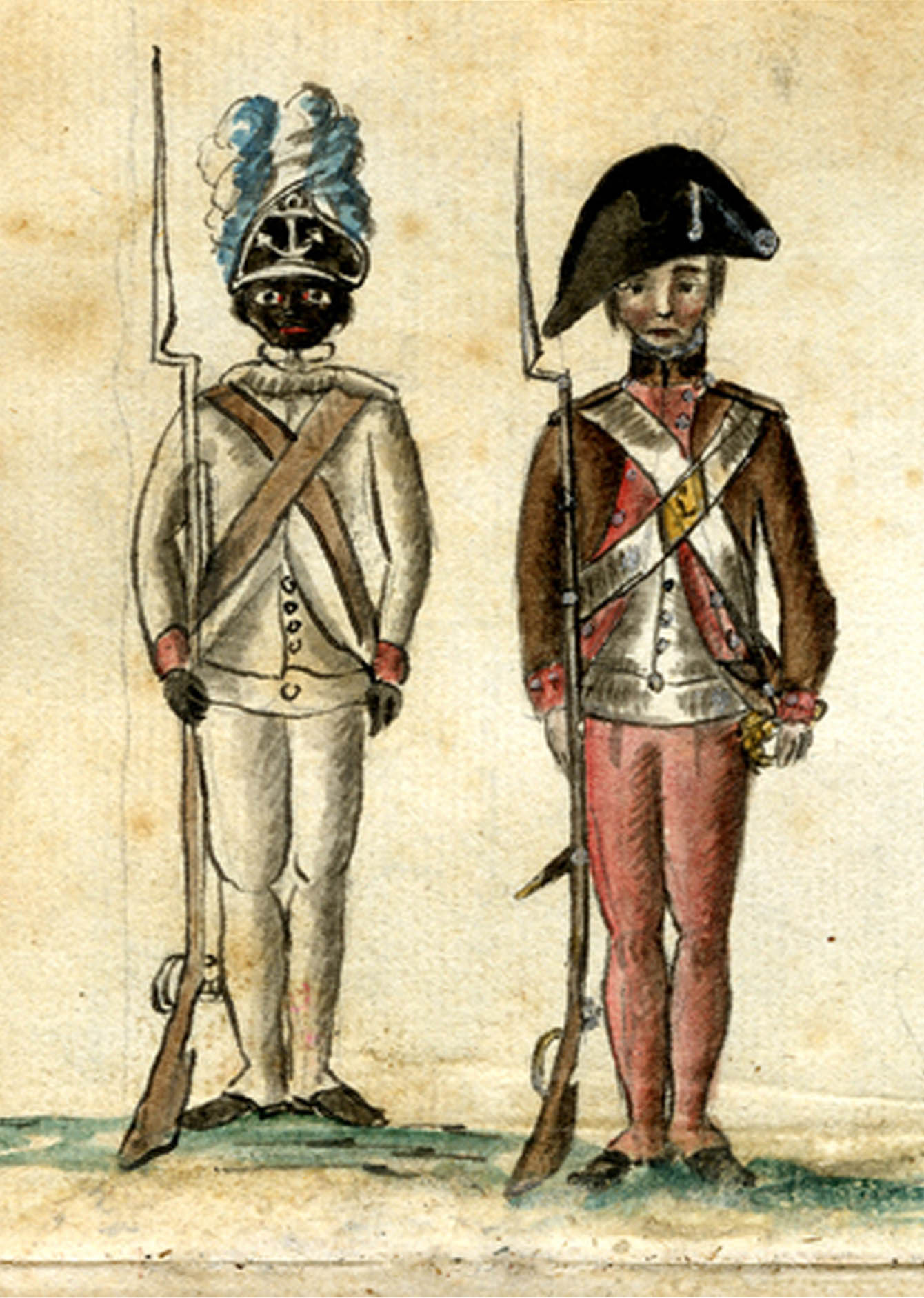
When Lieutenant Eliphalet Hastings attempted to capture the three men, they sued him for assault. Cuff and his associates asserted that they were now free under Massachusetts’ new constitution that declared “all men are born free” and have the right to “[protect] their…liberties.”
The town refused to defend Lt. Hastings, effectively granting the men their freedom. Ten years later, Felix Cuff appeared on the Massachusetts federal census as the head of a family of three.
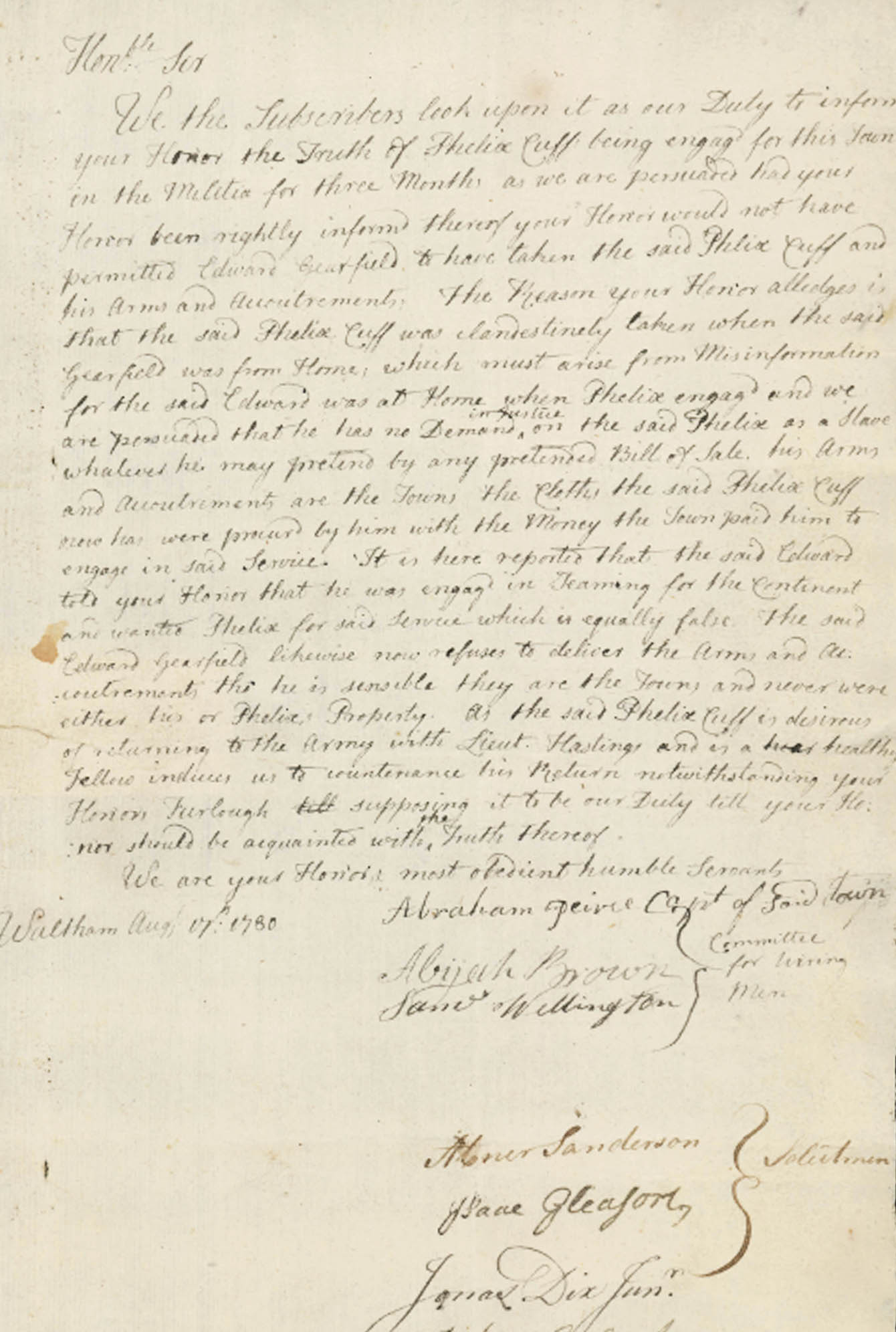
Lord Dunmore’s proclamation of 1775 offered freedom to enslaved individuals of American patriots who could fight as soldiers. In 1779, British Commander-in-Chief Henry Clinton issued the Philipsburg Proclamation on the steps of Philipsburg Manor in Sleepy Hollow, New York. Clinton expanded Dunmore’s promise of freedom to any person enslaved by an American patriot. Thousands of captives escaped their enslavers, taking refuge behind British lines. At the end of the American Revolution, British soldiers and loyalists who were evacuating from Manhattan brought more than 3,000 formerly enslaved refugees with them to resettle in Nova Scotia.
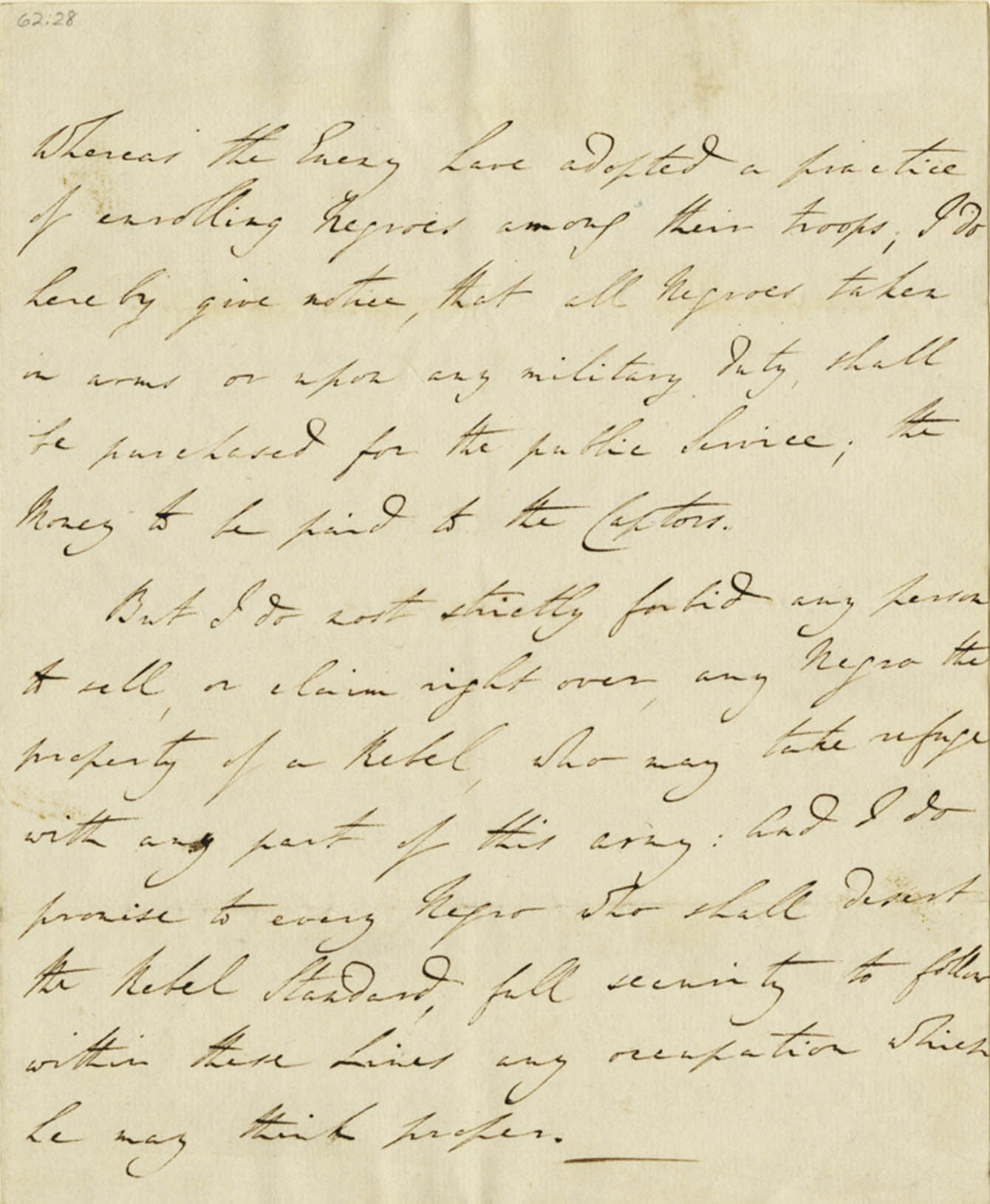
General George Washington bitterly protested the removal, considering the 3,000 to be runaways who should be returned to their American enslavers. British General Guy Carleton refused to surrender the men, women, and children and instead ordered that a “Book of Negroes” be compiled, recording the personal details of those evacuated from New York. Frank and Jane Marshal, aged 33 and 23 respectively, were among the thousands of entries in the “Book of Negroes.” They were enslaved by neighboring farmers, Abraham Odell and Ethan Hunt, in Westchester County, NY. Both were evacuated in late July 1783 on board the same ship headed to Nova Scotia.
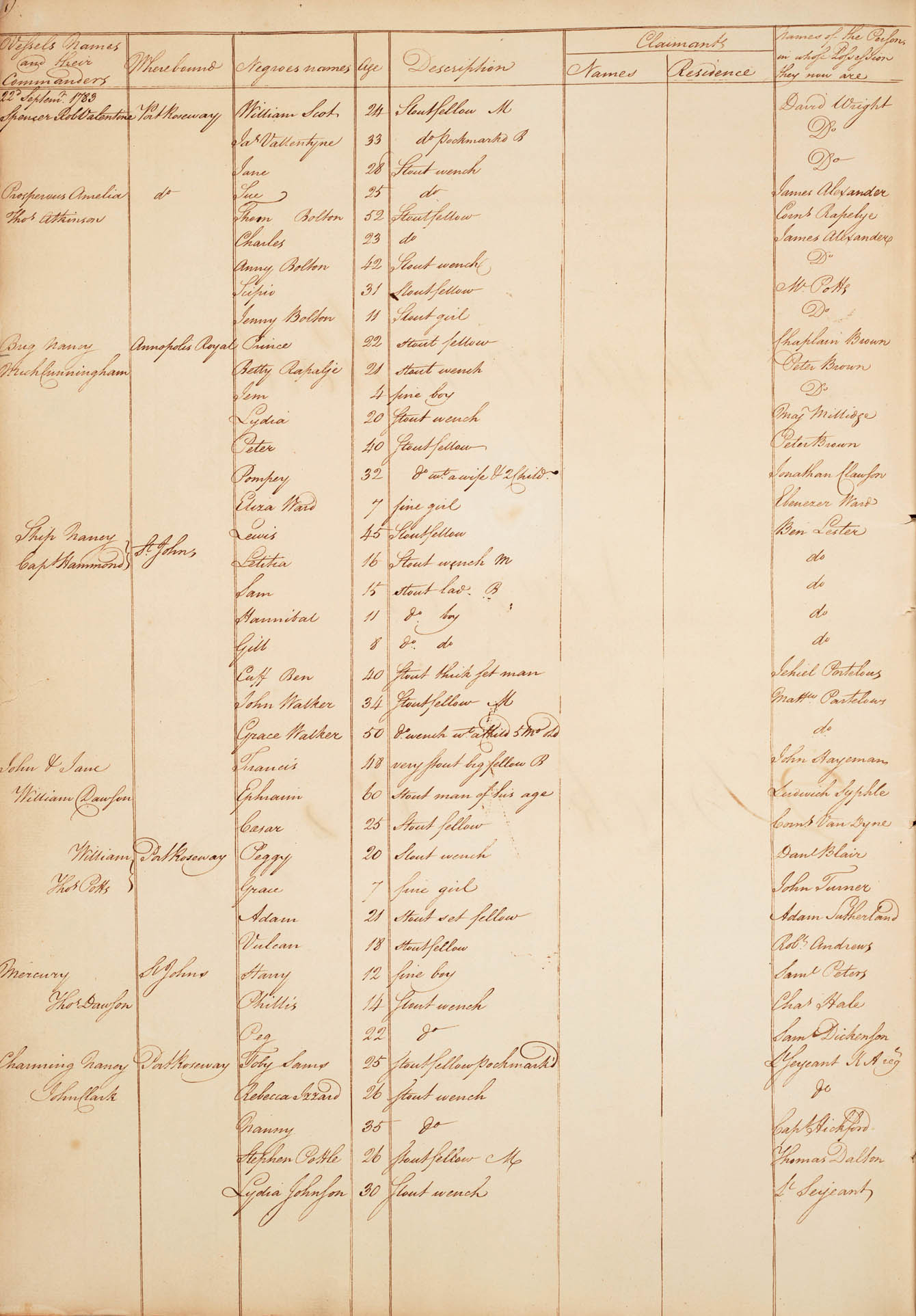
Arthur, an enslaved man from Massachusetts, self-emancipated without the assistance of the British army. In his transcribed “Life and Dying Speech,” Arthur described himself as being “so unhappy” under enslavement that he “incur[red] the Displeasure of [his] Mistress,” causing him to flee. For the next six years Arthur rejected the rules of an enslaving society and engaged in crimes ranging from petty theft to sexual assault.
During this time Arthur was continually fleeing captivity, whether escaping from prison or outwitting his enslavers, undeterred by the severe punishments that followed. He was eventually captured and sentenced to death by hanging for the crime of rape.
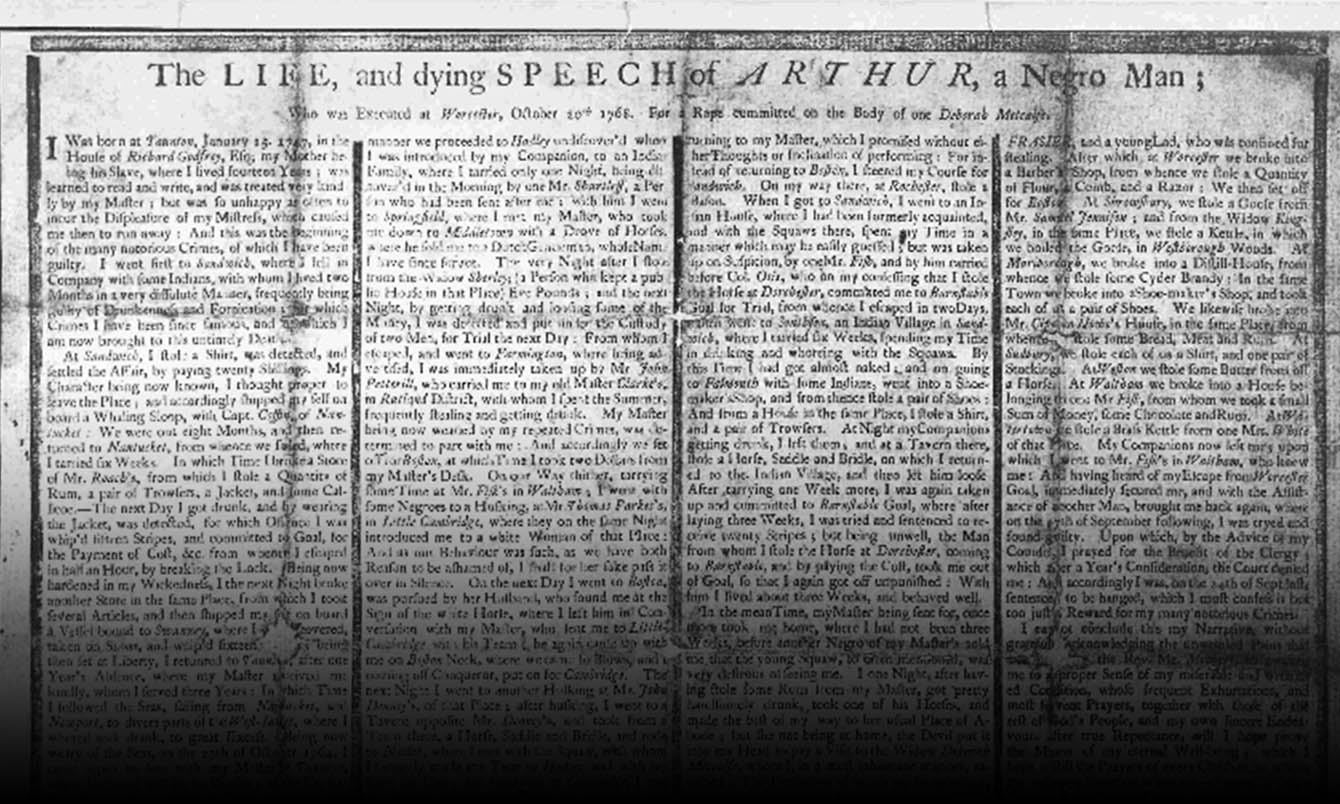
Written as he faced execution, Arthur’s confession was likely coerced by supporters of enslavement. It was printed and distributed locally as a warning intended for other enslaved people who might consider self-emancipation, violence, or both. However, if Arthur intended to warn others not to follow in his footsteps, his confession did not reveal it. Throughout “Arthur’s Life and Dying Speech,” he openly celebrates his decision to live outside the laws that bound enslaved people to their enslavers.
